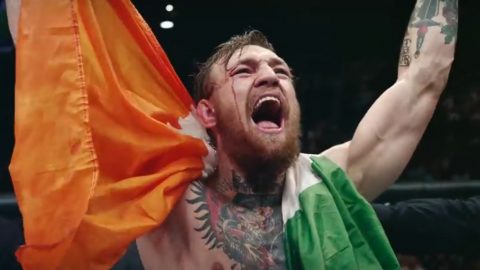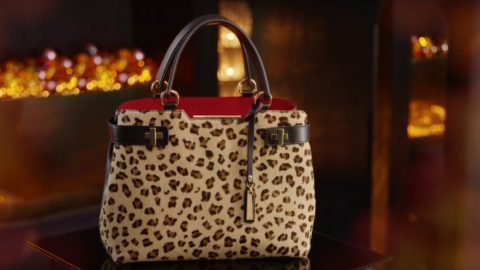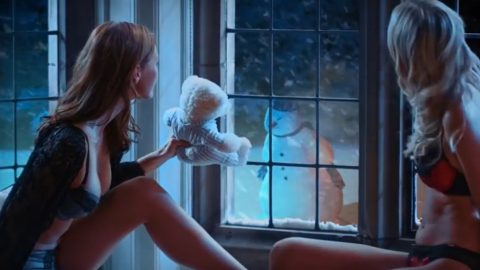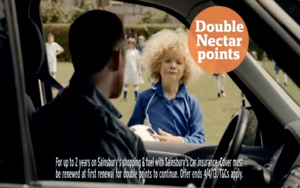
Sainsbury's - Car Insurance
Formed in the mid-1950s as The Matadors, they recorded for a number of local Detroit companies before becoming the first vocal group to sign with Gordy’s fledgling Tamla Records in 1959. Eighteen months and one name change later, and The Miracles’ Shop Around was the label’s first R’n’B Number One, missing out on topping the Billboard charts by a whisker. This is the track which Sainsbury’s has been using as part of its latest price-checking campaign.
Many of the Miracles’ subsequent classics – like You Really Got A Hold On Me, I Second That Emotion, Tears Of A Clown and Tracks of My Tears – were co-written with the legendary Motown session guitarist Marv Tarplin. In comparison Robinson’s take on a traditional boy-asks-Mom-about-girls song format in Shop Around was always a little on the orthodox side. But it certainly showcases the bittersweet vocal style which earned the great man his nickname.
Coincidentially, Britain’s favourite supermarket is also responsible for another ad featuring a 60’s singer with a distinctive high tenor voice which earned him an unusual nickname. We’re talking about Alan ‘Blind Owl’ Wilson, one of the two men who fronted Canned Heat, certainly the first and arguably the best US boogie band there ever was this side of The Allman Brothers (whose breakthrough At The Fillmore East double live album was, as it happens, recorded when they supported the Heat in New York in 1971).
It was Wilson who not only sang but played slide guitar, harmonica and flute on the two big Liberty label hits On The Road Again and Going Up The Country which turned Canned Heat into underground rock aristocrats on both sides of the Atlantic in 1968. And compared to Bob ‘The Bear’ Hite, whose gravel voice graced the LA band’s later smash Let’s Work Together, Wilson’s boyish good looks proved particularly popular with young hippy chick audiences.
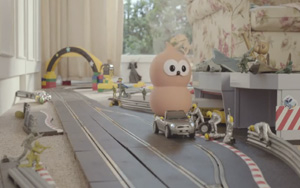
EDF - Blue Price Promise
Energy company EDF also deserve a huge hand for introducing Claude McLin to our screens… and to the pages of RC. Originally from Chicago, McLin was a tenor sax player in the style of Billie Holiday’s favourite sideman Lester Young. Despite leading his own sextet, playing alongside the iconic Charlie Parker and having a local hit on Chess in 1950 with an instrumental version of Nat King Cole’s Mona Lisa, McLin couldn’t quite cut it in the Windy City’s bebop jazz circles.
So he split for LA where he developed a more organ-based, jump and R’n’B influenced sound on sides recorded for West Coast labels like Golden Tone, Mac Jac, C&C and Allegro. By 1964 though, McLin’s career was so much on the slide that he accepted an offer from Dootsie Williams – boss of the Dootone label which had launched 10 years earlier with The Penguins’ hit Earth Angel – to cut a novelty dance version of a one chord jazz workout called Jambo, complete with an obligatory Mr Bassman-styled scat vocal. It may have boasted a groove to die for, but, up against the new British Beat sounds swamping US radio and the charts, it failed to register. And there the Claude McLin story would probably have ended had Ace not included the number on a 2003 compilation of cult garageband floorfillers of the period called Great Googa Mooga. For which we should all be truly grateful.
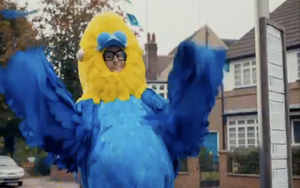
William Hill Bingo - Bird Is The Word
